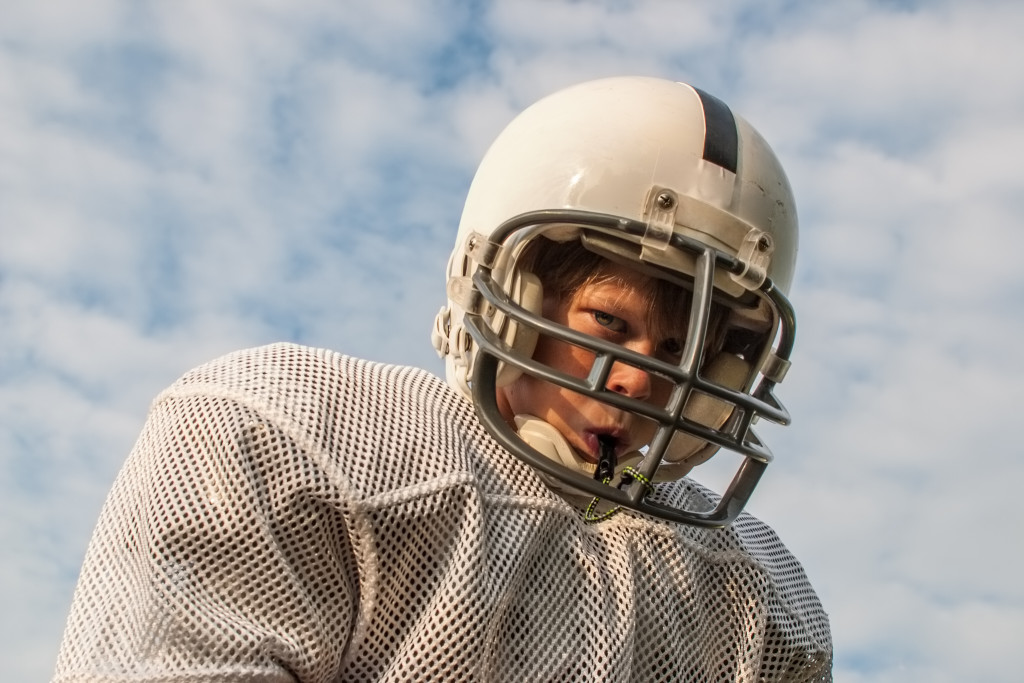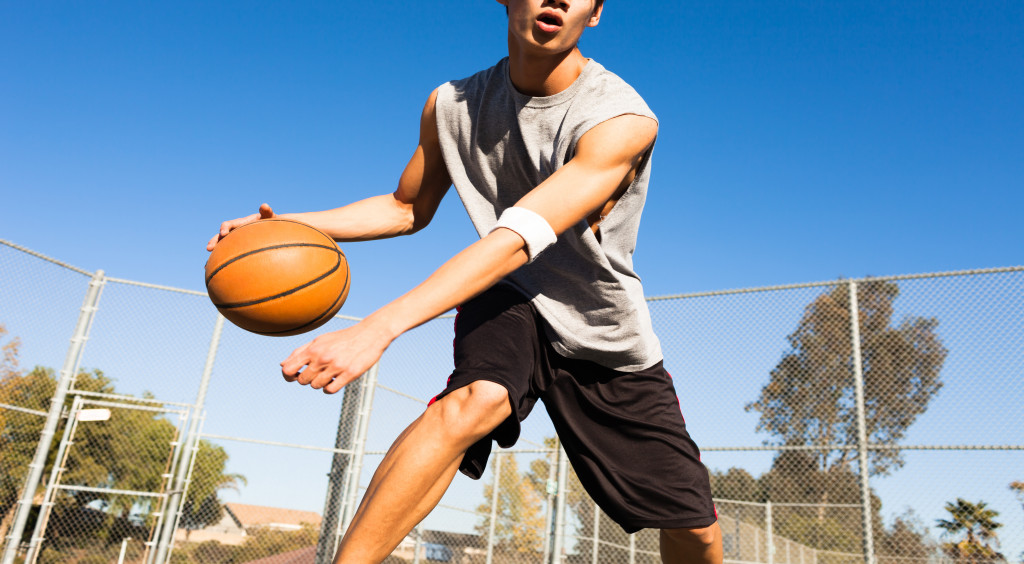• Physical activities are great for overall health but can harm oral health
• Protective measures should be taken, such as wearing a mouthguard and drinking plenty of water before and after exercise.
• Daily oral hygiene habits should be practiced, such as brushing and flossing after meals.
• If an injury occurs while participating in physical activities, seek immediate medical attention.
• Consulting with your dentist can help prevent and treat any oral health issues related to physical activity.
Physical activities such as running, cycling, or playing sports are great for your overall health and well-being. As a matter of fact, it is recommended to keep an active lifestyle to reduce your risk of chronic health issues. But did you know that physical activities directly impact your oral health?
Ways that Physical activities Can Affect Your Oral Health
You may not think about it, but physical activities can harm your oral health in multiple ways. Here are some of the issues that you may encounter when being physically active:
Sports Injuries
If you participate in contact sports, such as football or basketball, there is always a risk of sustaining an injury to your head, face, or mouth. These injuries can range from minor cuts and scrapes to more serious dental trauma, such as teeth being knocked out. You may also experience a traumatic jaw injury if you are struck in the face or head that may leave you unable to open or close your mouth and injured for a long time.
Dehydration
Dehydration is one of the most common problems for athletes. It can easily lead to dry mouth (also known as xerostomia). A dry mouth occurs when saliva production decreases due to a lack of hydration. Saliva plays an important role in maintaining healthy teeth and gums as it helps wash away bacteria and food particles that cause cavities and gum disease.
You are at a higher risk of dehydration if you exercise for an extended period without replenishing fluids. Or if you sweat profusely, the body loses more fluids than it can replace.
Breathing Through Your Mouth
When participating in strenuous activities like running or swimming, breathing through your mouth instead of your nose can be tempting to get more air into the lungs faster. Unfortunately, this habit has consequences for oral health because when you breathe through your open mouth, droplets from the air enter the throat and lungs carrying bacteria that may cause bad breath and other oral infections. This also causes your mouth to become very dry, leading to an increase in cavities and gum disease.

Preventive Measures
The best way to protect your oral health while physically active is to take preventive measures. No matter what type of physical activity you engage in, it is important to take the following steps to promote a healthy mouth:
- Always wear a mouthguard when playing contact sports.
- Drink plenty of water before and after exercise to avoid dehydration.
- Breathe through your nose instead of your mouth while exercising.
- Perform daily oral hygiene habits such as brushing and flossing after every meal or snack.
- Visit the dentist regularly to prevent or treat any dental problems.
You should also consult your dentist if you are experiencing any discomfort or pain in your mouth after physical activity. They can provide further advice and help to ensure that your oral health is not affected by the activities you enjoy.

What to Do with Sustained Damages
No matter how careful you are, sometimes the unexpected can still happen. If you have sustained an injury to the mouth or jaw due to physical activities, you must seek immediate medical attention. Injuries such as a broken or knocked-out tooth may need to be repaired with a replacement tooth such as a bridge or implant. This way, you can avoid further damage to your oral health and will be able to resume your physical activities with confidence.
You may also need to undergo jaw or facial surgery if the damage is extensive. This involves treating damage to the bones in the face and jaw, as well as repairing any teeth that have been lost or damaged. You may need at least six months of treatment before you can resume physical activities requiring significant movement in the jaw and face.
Physical activities are an important part of maintaining your overall health and well-being. However, it is important to understand how these activities can affect oral health to prevent long-term damage or discomfort. Following preventive measures and consulting with your dentist when needed can help you stay healthy and enjoy the activities you love.

